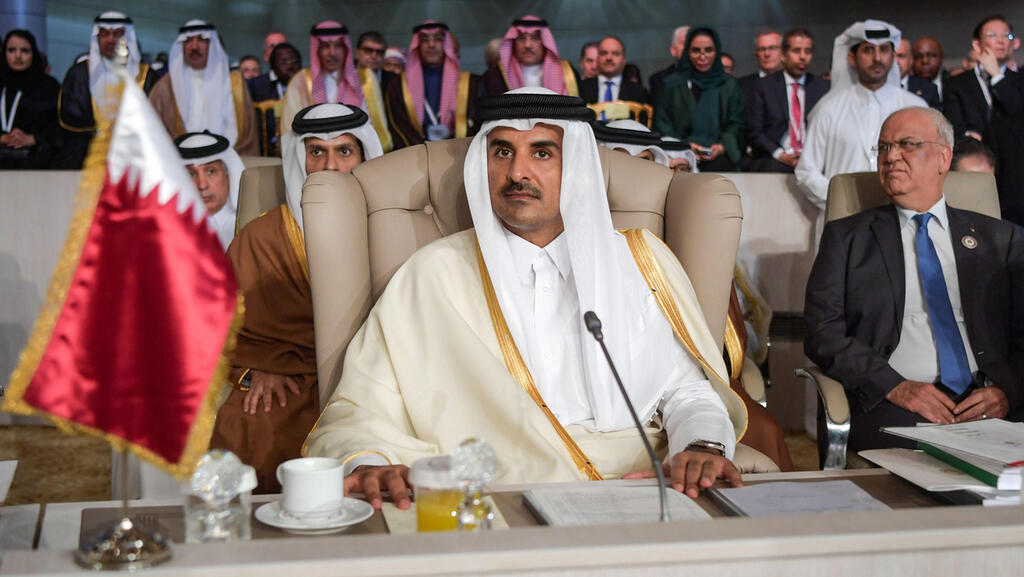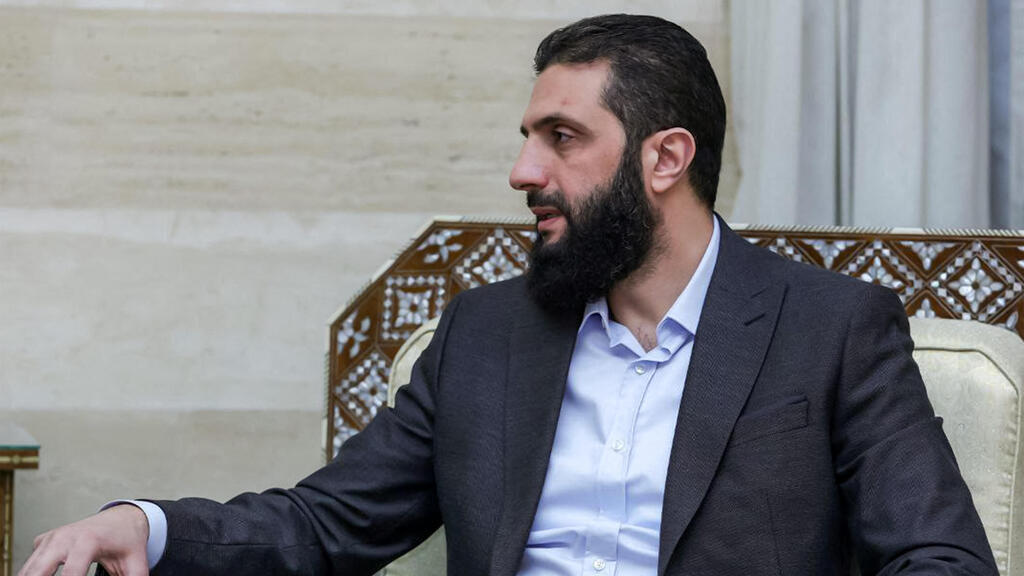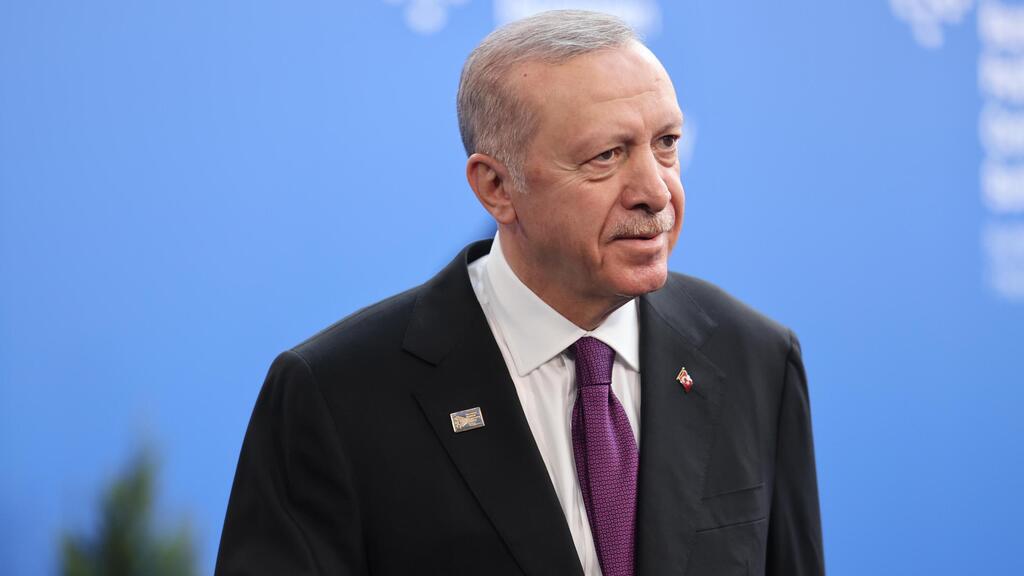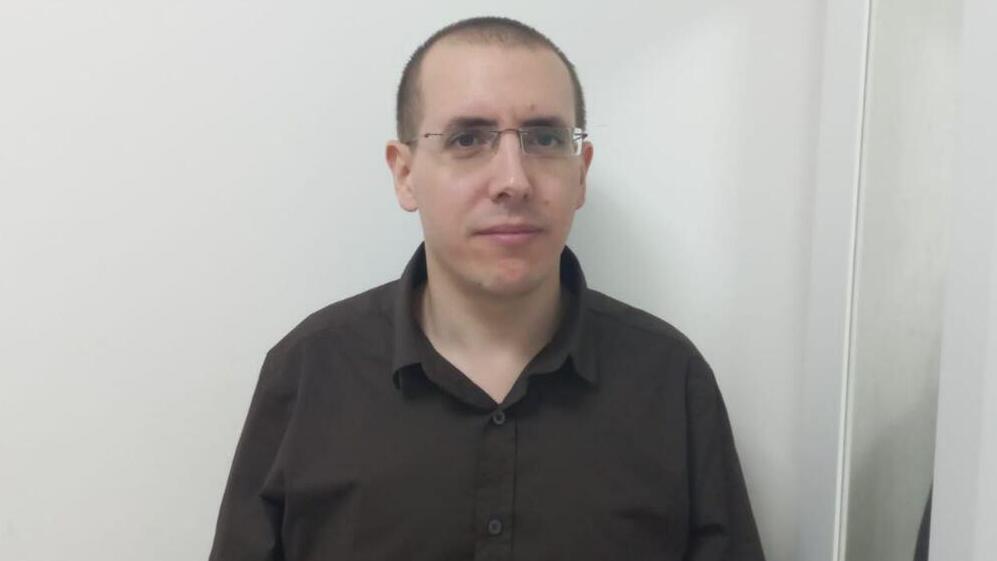Following the collapse of Bashar Assad's regime in Syria last week, Qatar's foreign ministry issued an official statement, saying that Doha "is closely monitoring developments in Syria and calls for preserving the nation's institutions and unity." Numerous discussions have since taken place between Qatari officials and various regional leaders from across the political spectrum.
Qatar's foreign ministry spokesperson, Majed al-Ansari, said that the country is closely following regional developments, particularly the war in Gaza and the situations in Syria and Lebanon.
"The Syrian people are facing an opportunity to realize their aspirations and establish a homeland for all. The people's choices must be supported. We call on all parties in Syria to work together to preserve the nation's unity," he said.
He also condemned "Israeli incursions into the demilitarized zone with Syria and their control over it," stressing that Qatar's role is defined by Syria and that it maintains contact with all parties involved.
On Monday, Qatar's Emir Tamim bin Hamad Al Thani spoke with Iraqi Prime Minister Mohammed Shia' Al Sudani about enhancing cooperation between their countries across various fields and discussing regional developments.
Last week, Qatar's foreign ministry announced that its embassy in Syria would reopen soon, following necessary preparations, and it confirmed on Sunday that embassy operations would resume on Wednesday.
Moreover, Iran's foreign minister Abbas Araghchi held talks with Qatar's Prime Minister and Foreign Minister Mohammed Al Thani last Thursday. According to Iranian reports, the discussions focused primarily on the situation in Syria.
That same day, a joint Turkish-Qatari delegation, including Turkey's Foreign Minister Hakan Fidan and Qatar's State Security Chief Khalfan Al-Kaabi, visited Damascus. The delegation met with rebel leader Ahmad al-Sharaa (formerly Abu Mohammed al-Golani) and Syria's interim prime minister Mohammed al-Bashir.
Qatar is already planning its next steps in the region. Following the Assad regime's fall, it immediately sent humanitarian aid to Syria via Turkey. A week ago, Qatar's foreign ministry reported that the emirate had delivered aid intended for Syria to the Turkish city of Gaziantep.
Qatar presents itself as a supportive mediator while pursuing other interests behind the scenes
"The Qataris know how to leverage the humanitarian issue as a powerful tool for their interests," explained Dr. Ariel Admoni, a researcher in Bar-Ilan University's Middle East department specializing in Qatar. "In this case, they collaborated with the Turks because they want boots on the ground — people who are familiar with the situation firsthand."
According to Admoni, the Qataris are aware of their limitations. "A contact in the Damascus embassy is nice but Turkey understands the area — whether it's dealing with clashes involving the Kurds or rising forces. Turkey is on Syria's border; it lives as part of its reality and is already poised to intervene in Syria. The Qataris prefer that Turkey's involvement happens in coordination with them."
"If we think about Qatari behavior from the early days of Syria's civil war, Qatar didn’t solely back Islamists – it also supported the coalition and secular elements,” Admoni added. “As in many conflicts, Qatar funds various groups to ensure a foothold on the ground.
“The Turks and Qataris already share close military and economic ties dating back to the Arab nations' boycott of Qatar between 2017 and 2021. Qatar’s collaboration with Turkey provides it with proximity to the situation and the ability to monitor developments closely."
Amid the uncertainty surrounding Syria's future, Qatar, experienced in "ensuring future investments," is hedging its bets and "shooting in all directions."
"They’re ensuring that any actor – whether aligned with Iran or an Islamist – will need Qatar," Admoni noted. "At the Doha Forum held about a week ago, Qatar held intensive discussions with UN representatives and American officials, repeatedly raising the Syrian issue.
Israeli strikes in Syria
"This is a calculated attempt to position themselves not only as a representative of Iran but also of the West in the region. Qatar's decision to be among the first to reopen an embassy in Syria is no coincidence — it ensures that no matter the direction the regime takes, its interests, including economic ones, will be safeguarded."
Admoni stressed that Qatar doesn’t want to appear overly opportunistic at this stage but is ensuring all regional actors recognize it as the "default mediator." Rebel leader al-Sharaa’s current self-branding conveniently aligns with Qatar's narrative, which promotes the idea that Islam doesn't necessarily equate to terrorism.
"Using media and statements from its prime minister and foreign minister, Qatar champions the notion that they oppose terrorism but argue against rejecting Islam altogether," Admoni explained. "If al-Sharaa presents himself this way, Qatar won’t object. They’re fully embracing this narrative."
Regarding Qatar-Iran relations, Admoni said that the weakening of the Shiite-Iranian axis won’t prompt Qatar to abandon its ties. "Qatar knows better than to dismiss regional actors, even when they’re on the decline. Over the past decade, when Hamas was ostensibly more present in Gaza, Qatar continued — and continues — to engage with the Palestinian Authority," he said.
Admoni believes Qatar will maintain relations with various players, ensuring that Syrians may need them for Iran’s sake — or vice versa — or even for the West. Qatar’s modus operandi is familiar to Israel from its activities in Gaza, which is why it raises concerns.
Qatar presents itself as a supportive mediator while pursuing other interests behind the scenes. This strategy has worked in different arenas so far and its recent actions suggest it’s determined to cement its influence in the Syrian arena.
Get the Ynetnews app on your smartphone: Google Play: https://bit.ly/4eJ37pE | Apple App Store: https://bit.ly/3ZL7iNv
"Ultimately, when Qatar’s foreign ministry spokesperson explained the delegation’s visit to Turkey, he said that its purpose was to coordinate humanitarian aid,” Admoni added.
“But when the delegation includes Qatar’s state security chief, it’s clear you don’t send your intelligence head to coordinate humanitarian aid issues. Qatar has plenty of humanitarian agencies capable of handling such tasks."









